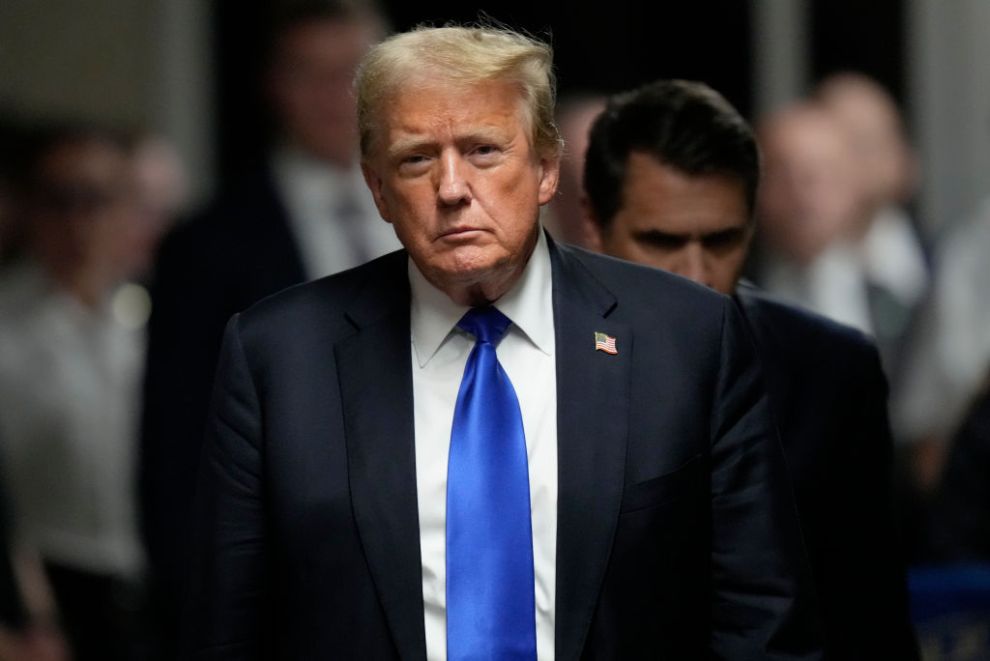In a move that has sparked widespread outrage, Donald Trump’s campaign has come under fire for using Beyoncé’s iconic song “Freedom” in a promotional video without permission. The 13-second clip, shared by Trump’s spokesperson Steven Cheung, features the former president deboarding a plane in Detroit, with the powerful anthem from Beyoncé’s Lemonade album playing in the background. The song has been closely associated with Vice President Kamala Harris’ presidential campaign, making Trump’s use of it particularly contentious.
Trump’s Unauthorized Use
“Freedom,” with its themes of resilience and empowerment, has become an anthem for Kamala Harris’ campaign. Harris officially kicked off her presidential bid with the song in July, and it has been a staple at her rallies ever since. According to reports, Harris’ team secured “quick approval” from Beyoncé and her management to use the song. Although Beyoncé herself hasn’t publicly endorsed Harris, her mother, Tina Knowles, has shown strong support for the Vice President.
Trump’s use of the song appears to have been unauthorized. This latest incident adds to a long list of musicians who have objected to Trump’s campaign using their music without permission. Notable artists like Adele, Rihanna, Prince, and the estate of Isaac Hayes have all voiced their objections in the past. Many have issued cease-and-desist orders, and some have even pursued legal action to prevent their work from being associated with Trump’s political activities.
Legal and Ethical Questions
The question now is whether Beyoncé and her team will take legal action against Trump’s campaign. While Trump’s use of “Freedom” could potentially fall under the “fair use” provision, the situation is far from clear-cut. A lawyer familiar with music copyright law explained, “Most political campaigns aren’t keen about just taking the song down. The artist typically has to take legal action to make it stop.”
The Trump campaign’s decision to use “Freedom” also raises ethical concerns. This incident is seen as a direct affront to Kamala Harris’ campaign, which has embraced the song as a symbol of empowerment and justice.
Neither Beyoncé nor her representatives have commented on the situation.

